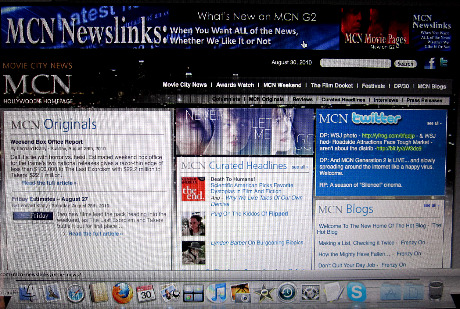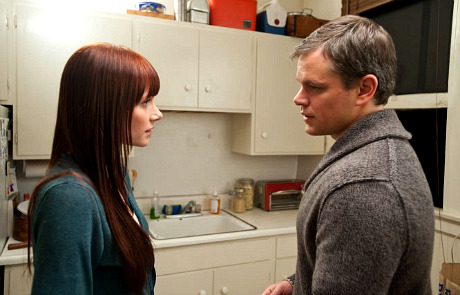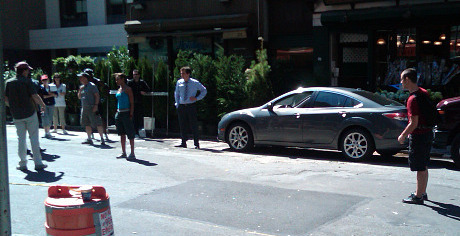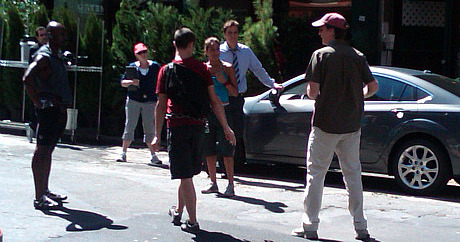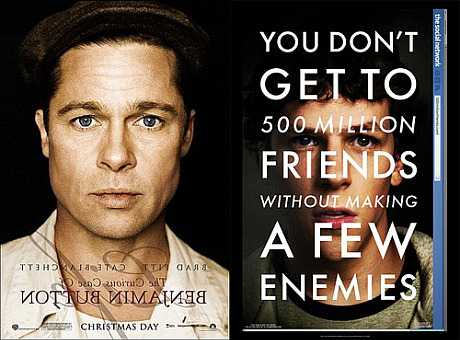Four days before I posted that Dutch film critic’s review of Anton Corbijn‘s The American, Big Hollywood‘s Kurt Schlichter reviewed Rowan Joffe‘s screenplay, and I have to say it’s moderately amusing. Even though Schlichter is one of “them,” he can be funny. Except he needs to spell arrivederci correctly next time.
“We never find out much about [George Clooney‘s] back-story, which is okay because we really don’t care,” he says toward the end. “His tattoo reveals that he’s ex-Special Forces, because, as we know, all Green Berets leave the Army to join that giant high-priced international hit man industry we somehow never hear about in real-life. If in reality half as many people were employed as high-priced professional assassins as Hollywood movies depict, the unemployment rate would only be 9% and the Obama administration would point to it as evidence the stimulus is working.
“The script is technically proficient and evocative, meaning that I could clearly and fully visualize all of the tired, hackneyed cliches. On the plus side, other than the ‘you Americans don’t know how to live life’ crap, it’s not political. It’ll be equally dull for adherents of every political stripe.
“And there’s another upside – there’s a hot Italian girl character in it and in pretty much every scene she’s taking off her clothes. I don’t mean just once or twice — I mean this gal makes Lindsay Lohan look like a particularly repressed Amish chick during Sunday school. So Clooney gets to pick up a big paycheck for hanging out in the Italian countryside surrounded by hot naked girls (yeah, there’s more than one), so I can see what was in The American for him. Unfortunately, I still can’t see what’s supposed to be in it for the rest of us.
One plus for the film, Schlicter says, will be the talented Corbijn, last seen directing the very cool Joy Division movie Control. And yet “terrifyingly, a true story about a Goth band and its lead singer’s eventual suicide has more laughs than this script does, which is to say at least one.”
It’s now 12:45 pm. The American will screen in Manhattan a little more than six hours from now.
Update: Who was I to talk about Schichter misspelling arrivederci when I couldn’t spell his last name correctly? Apologies.

